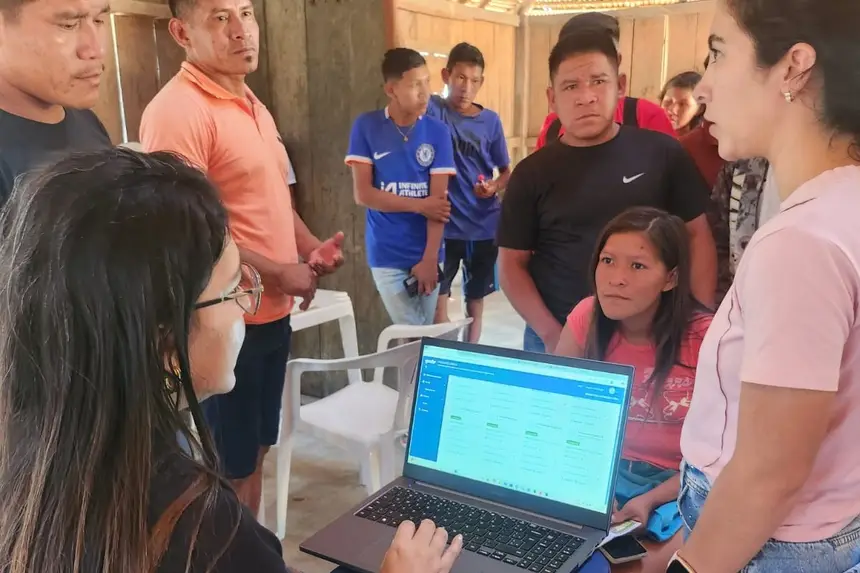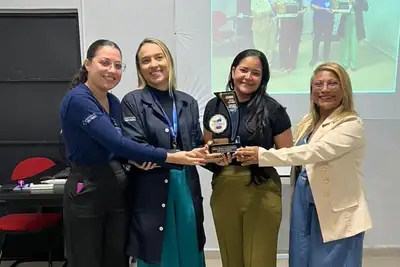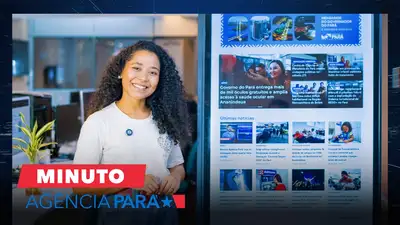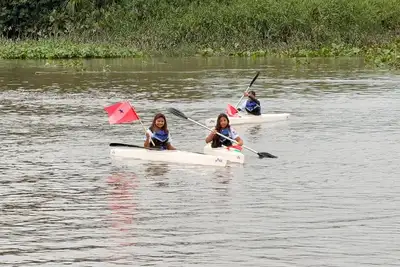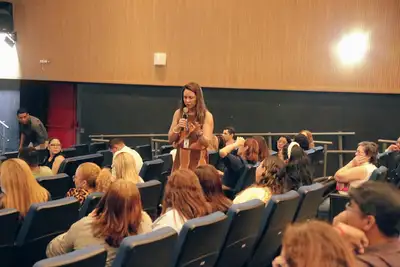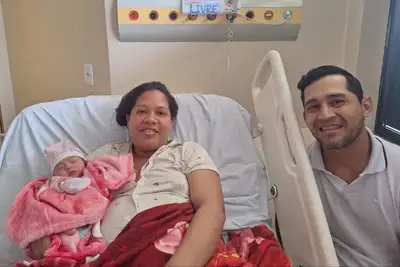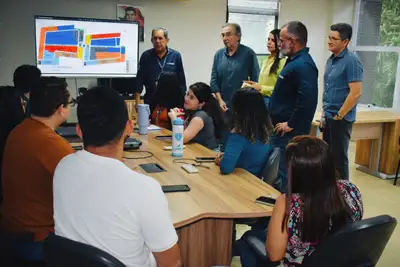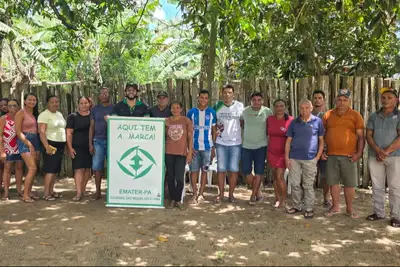Seaster offers citizenship services for indigenous people of the Pakaranã ethnicity
Issuance of documents, registration of families in the Food Acquisition Program, and training were part of the action in the southern part of the State
The Government of Pará, through the State Secretariat of Social Assistance, Labor, Employment and Income (Seaster), carried out an action in the first half of July aimed at strengthening public policies for access to social assistance services for the Parakanã indigenous people, in the Integration Region of Lake Tucuruí, in the southeast of the State.
During the action, technicians from the Social Assistance Directorate (DAS), Directorate of Income, Citizenship and Combating Poverty (DRCCP), Directorate of Professional Qualification and Entrepreneurship (DQPE), and the Directorate of Food and Nutritional Security (Disan) guided municipal social assistance teams, including staff from the Social Assistance Reference Centers (Cras).
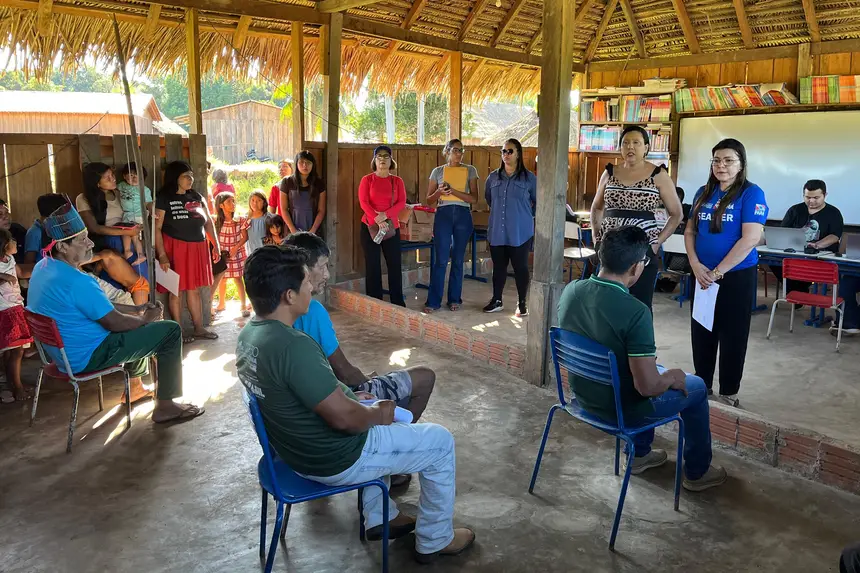
Various services were offered, including the issuance of documents (ID and CPF), registration of families in the Food Acquisition Program (PAA Indigenous), and training aimed at promoting food security, sustainable entrepreneurship, and income generation, respecting the ways of life and traditional knowledge of the Parakanã ethnicity.
"This action reaffirms our commitment to the people of Pará, especially communities and locations far from large urban centers, decentralizing access to services, thus ensuring more rights and opportunities for indigenous peoples," emphasized Inocêncio Gasparim, head of Seaster.
The Directorate of Income, Citizenship and Combating Poverty played a strategic role in training municipal teams regarding the correct filling out and updating of the Unified Registry, ensuring that the information of indigenous families is properly entered into social protection systems.
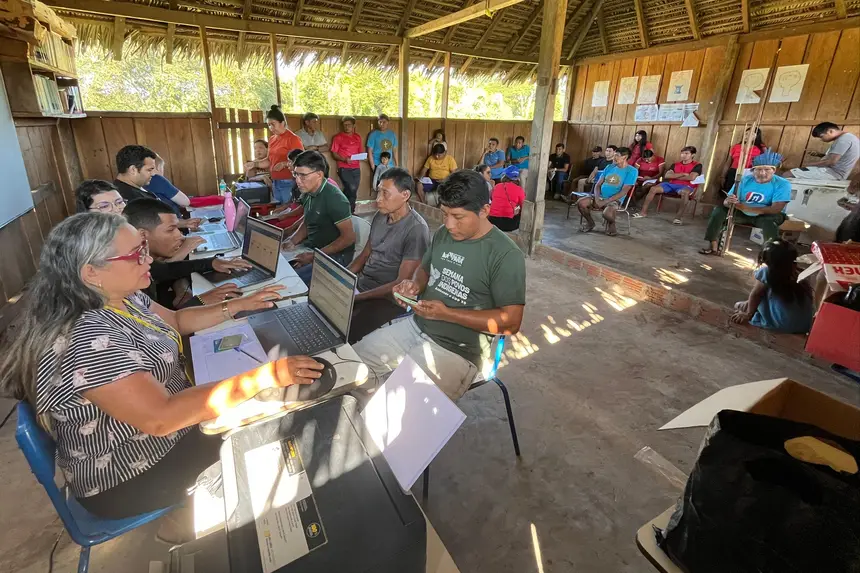
Women's dignity - In addition to technical training, direct assistance was provided to communities, with a focus on guidance about the Menstrual Dignity Program, which aims to ensure access to sanitary pads for women in vulnerable situations, promoting dignity and equity in caring for women's health.
"We provided technical support in the municipalities of Itupiranga and Novo Repartimento with the municipal social assistance management teams to address indigenous issues. The main objective of Seaster is to guide and bring social assistance services to the territories, as established by the Federal Constitution. During the action, services such as access to the PAA Indigenous, the Bolsa Família Program, and the Pé-de-Meia were offered, always respecting the communities' decision on whether or not to receive the services. The presence of these public policies in indigenous territories is essential to guarantee the social rights of indigenous populations," emphasized Elizabete Marques, a technician from CPBS.
The Social Assistance Directorate will also promote meetings with indigenous leaders and municipal teams, seeking to strengthen social work within the territories, as well as encouraging the participation of indigenous peoples in municipal social assistance councils.
(Collaboration by Matheus Gomes - Ascom/Seaster)


